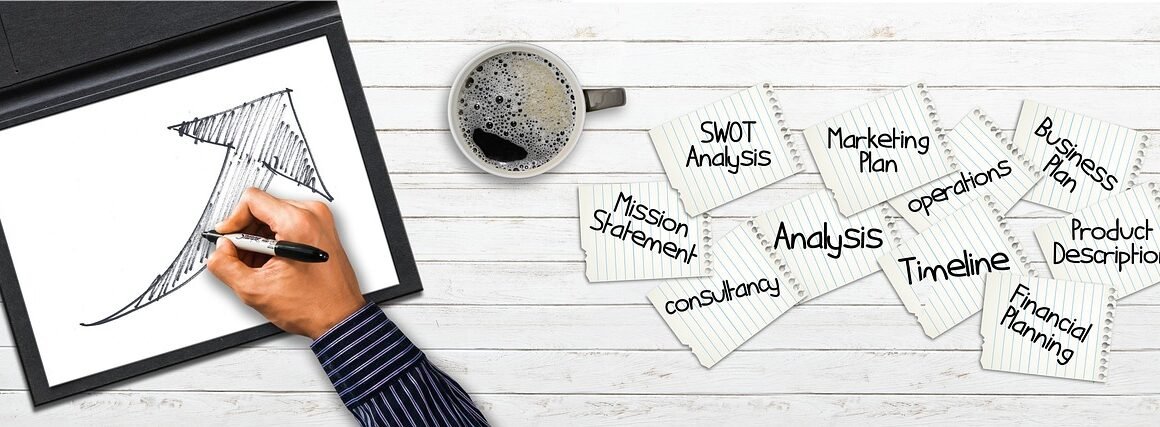Understanding Credit Cards: A Comprehensive Guide
Credit cards have become a fundamental financial tool for millions of individuals worldwide. They not only provide an easy way to access funds for purchases but also offer various benefits such as rewards, cash back, and fraud protection. With the increasing reliance on credit cards, it’s essential to understand their mechanisms, types, and the best practices for using them effectively. This guide aims to demystify credit cards, helping you navigate this vital aspect of personal finance.
What is a Credit Card?
A credit card is a payment card issued by financial institutions that allows cardholders to borrow funds up to a predetermined limit to pay for goods and services. Credit cards typically charge interest on outstanding balances, making them both a helpful and potentially costly financial tool.
Key Features of Credit Cards
- Credit Limit: The maximum amount you can borrow on the card.
- Interest Rate: The annual percentage rate (APR) charged on any balances not paid off each month.
- Fees: Various fees may apply, including annual fees, late payment fees, and foreign transaction fees.
- Grace Period: The time frame in which you can pay off your balance without incurring interest.
Types of Credit Cards
There are several types of credit cards tailored to meet different consumer needs and preferences. Understanding these categories will help you choose the right card for your lifestyle.
1. Rewards Credit Cards
- Cash Back Cards: Earn a percentage of your purchases back as cash.
- Points Cards: Accumulate points for every dollar spent, redeemable for merchandise, travel, or experiences.
2. Travel Credit Cards
- Travel Rewards: Accumulate miles or points for travel-related expenses, such as flights and hotel stays.
- Airport Lounge Access: Some cards offer exclusive access to lounges in airports.
3. Secured Credit Cards
- Built for Beginners: Require a cash deposit that acts as your credit limit, making them suitable for those with little or no credit history.
- Path to Credit Building: Good practice with secured cards can help build your credit score.
Benefits of Using Credit Cards
Credit cards offer numerous advantages that can help consumers manage their finances effectively. Here are some benefits to consider:
- Convenience: Easily make purchases online and in-store without carrying cash.
- Security: Fraud protection ensures you aren’t held responsible for unauthorized transactions.
- Building Credit: Responsible use can help improve your credit score over time.
- Rewards Programs: Earn rewards such as points, cash back, or travel perks for every purchase.
Tips for Responsible Credit Card Use
While credit cards can provide many benefits, they also come with responsibilities. Here are some tips to use your credit card wisely:
- Pay Your Balance on Time: Avoid late fees and interest charges by making timely payments.
- Keep Track of Your Spending: Regularly monitor your transactions to stay within your budget.
- Utilize Alerts: Set up notifications for due dates and spending limits to manage your account better.
- Avoid Minimum Payments: Pay more than the minimum to reduce interest charges and debt accumulation.
Conclusion
Credit cards are powerful financial tools that can enhance your purchasing experience and help you manage your finances when used responsibly. By understanding the different types of credit cards, their benefits, and best practices for use, you can make informed decisions that align with your financial goals. Whether you’re looking to earn rewards, build credit, or simply enjoy the convenience of cashless transactions, there’s a credit card out there that meets your needs. Stay informed, stay disciplined, and let your credit card work for you.




